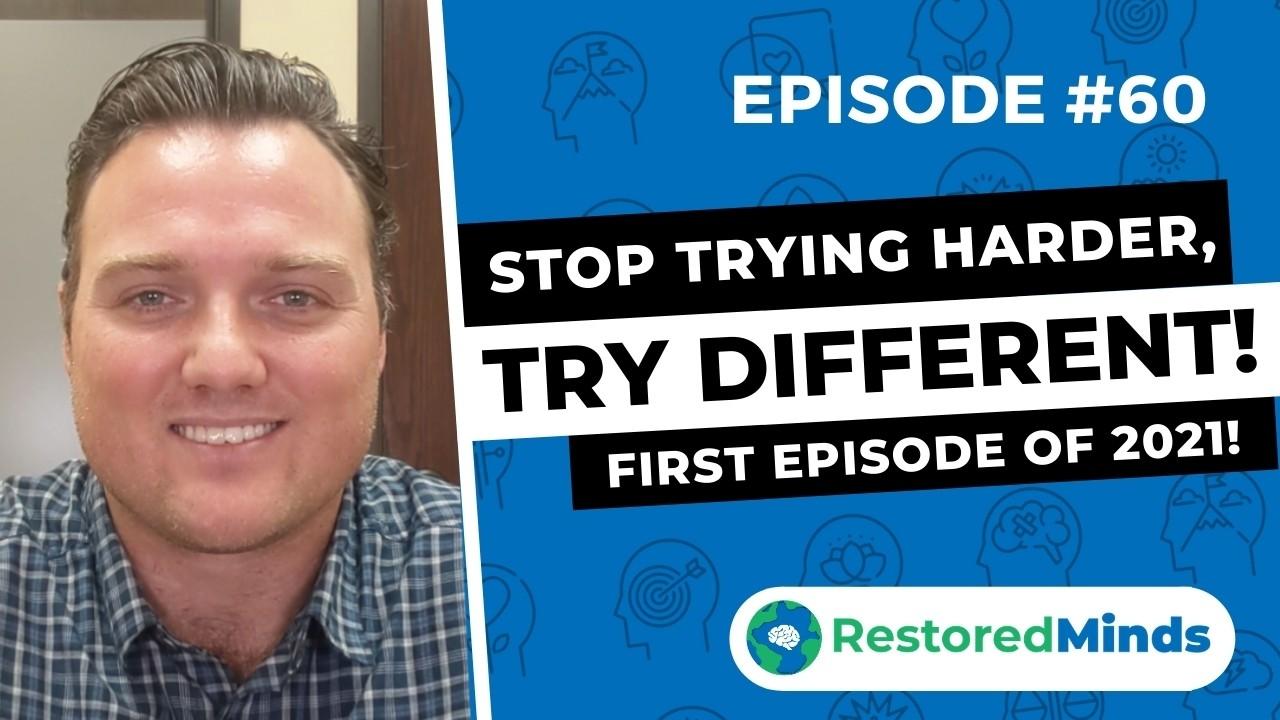Stop Trying Harder, Try DIFFERENT!
Jan 06, 2021
The Problem with "Trying Harder"
For many of us, the instinctual response to overcoming obstacles is to simply try harder. We equate more effort with better results. While this attitude can be beneficial in many life aspects, it’s counterproductive when dealing with mental health issues like OCD and anxiety.
Why More Effort Leads to More Stress
As Matt explains in our episode, when you try to eliminate anxiety or intrusive thoughts through sheer effort, you’re actually reinforcing their presence. Imagine your anxiety like a beach ball you’re forcing underwater; the more you push it down, the stronger it shoots back up. This paradoxical effect can make you feel increasingly stuck.
The Role of Behaviors
One revelation crucial to your recovery journey is recognizing the behaviors you engage in to alleviate anxiety and stress. Compulsive behaviors, whether avoiding social situations due to social anxiety or ruminating over intrusive thoughts in your head, all contribute to keeping you trapped in a loop.
Try Different: A Paradoxical Approach
So, what does trying different look like? Consider the analogy of a Chinese finger trap. The harder you pull to free your fingers, the tighter you’re trapped. The solution is counterintuitive: you push your fingers inward to loosen the trap. Similarly, breaking free from anxiety and OCD requires adopting paradoxical strategies that often go against your natural instincts.
Steps to Breaking Free
-
Acknowledge Your Behaviors: The first step is to recognize the actions you take to avoid or mitigate anxiety and stress. This awareness is crucial for change.
-
Implement Behavior Changes: Focus on changing these behaviors. This might mean facing fears head-on rather than avoiding them.
-
Adopt a Long-Term Mindset: Rather than seeking short-term comfort, aim for long-term solutions. This might involve practices that initially increase discomfort but lead to true freedom over time.
Finding Professional Support
At Restored Minds, we offer comprehensive programs designed to help you implement these changes effectively. From free downloads to masterclasses and personalized training, we provide resources to support your journey.
In our podcast, Matt emphasizes, "Stop doing the same things you've been doing. Instead, embrace a different approach." This year, let’s focus on behavioral changes and try different methods to finally take back control of your life.


